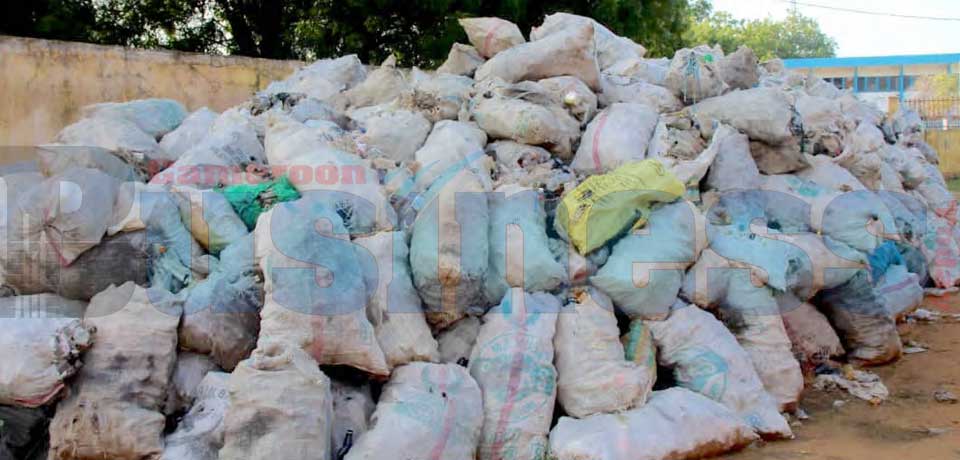Cameroon has taken a commitment to leapfrog its development through the digital economy which so far has been yielding tangible fruits.
“ I have instructed the Government to accelerate the development of communication and telecommunication infrastructure. We must rapidly bridge the digital economy development gap. This is a genuine growth driver as well as a niche for new jobs for our youth,” President Paul Biya told Cameroonians in his New Year message to the nation on December 31, 2015. At this point, many thought it was just wishful thinking but the realities today especially during this period of the global coronavirus pandemic, even laggards have accepted digital innovation.
Digital transformation is re-shaping the global economy, changing the way we learn, work, trade, engage, and access public and private services. The government of Cameroon has understood this and has invested both financial and human resources to align to the global trend of digital innovation. Government sources posit that over FCFA 250 billion has been earmarked by the State for the development of digital economy for 2021 – 2030 (expansion of the optic fibre network, the construction of data centres and pursuance with the implementation of e-Gov services). The E-Gov Master Plan is currently under review to make it more efficient and productive. For example, the platform for the management of State personnel dubbed SIGIPES has moved to an upgraded phase now known as SIGIPES II. Other E-Gov services includes SYDONOA for the management of Customs revenue, PROBMIS for the management of the State budget, NEXUS+ - for managing cargo tracking/geo-localization, e-GUCE – for the management of the payments of external trade (Export/import) dues, FISCALIS – for Online declaration of taxes, and e-Procurement -for managing public contracts, amongst others.
Concrete Gains
The cyberspace driven by the Internet and social media platforms is transforming our society in unprecedented ways by accelerating economic growth and providing innovative ways of connecting people and businesses; the evolution of the digital economy is inspired by the extensive use of information space, digital knowledge and digital transformation. The Directorate General of Taxes is one of the first public administrations to embrace digitization and today the results speaks for itself. Within a decade (2010-2020) there has been a 119 per cent increase in tax revenue thanks to digitalization of procedures. Concretely, the tax administration collected FCFA 638.7 billion tax revenue in the first quarter of 2022 as against FCFA 528.4 during the same period in 2021. This, tax administration authorities say is partly because of more digitalization of services. Tax payers now declare their taxes online which saves 30 per cent of their time according to the Prime Minister’s Economic, Financial, Social and Cultural Programme presented in November 2021.Same applies to Customs admini...

















Commentaires